Content Marked with: Timothy Lyons
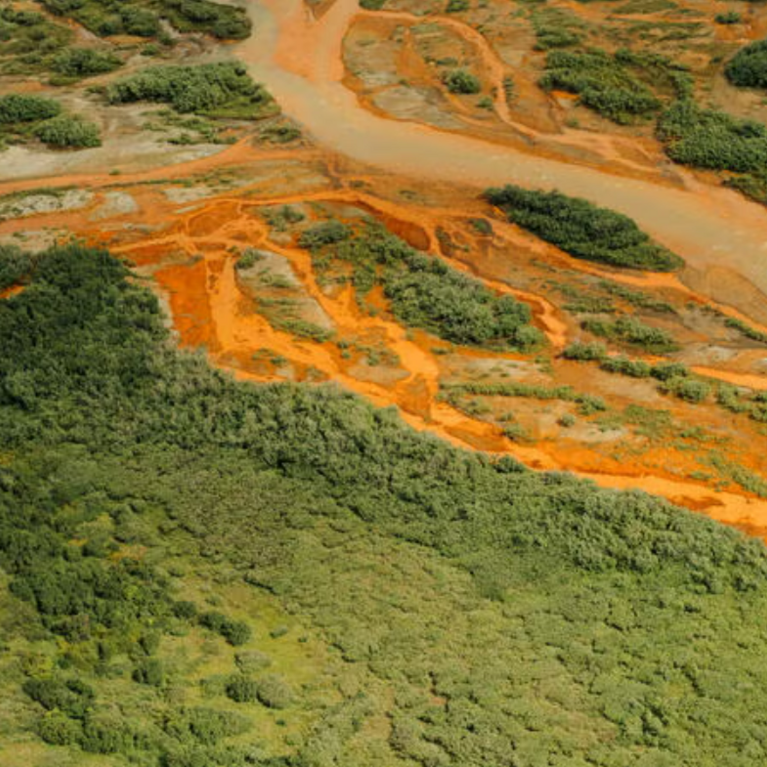
Orange rivers signal toxic shift in Arctic wilderness
n Alaska’s Brooks Range, rivers once clear enough to drink from now run orange and hazy with toxic metals. As warming thaws formerly frozen ground, it sets off a chemical chain reaction that is poisoning fish and wreaking havoc on ecosystems. As the planet warms, a layer of permafrost — permanently frozen Arctic soil that...
By Jules Bernstein |
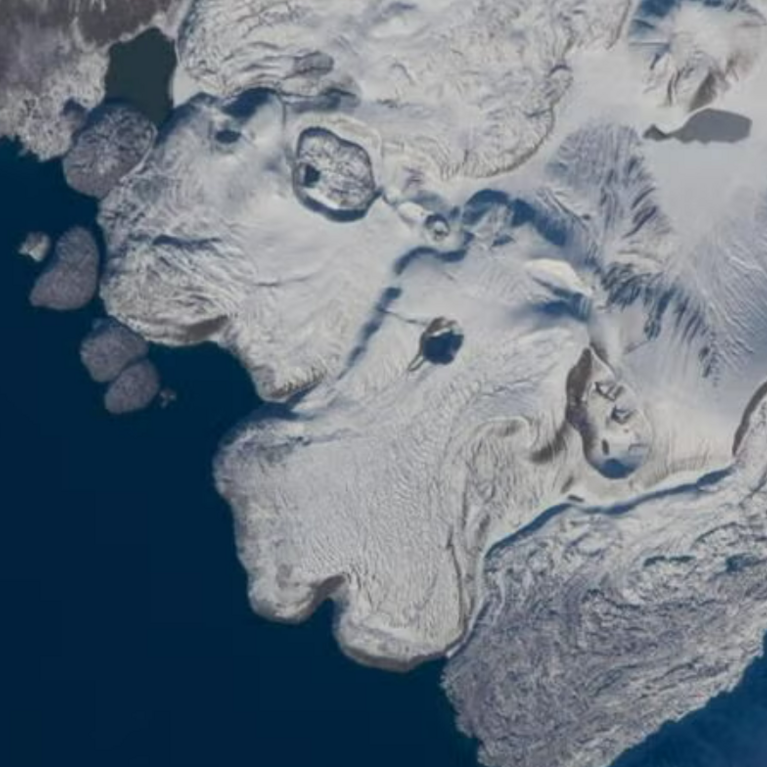
Exponentially increasing understanding of early life on Earth
Despite decades of research, there’s still much scholars don’t understand about life’s beginnings and early evolution. A UC Riverside paper has opened the door to understanding more and to framing future studies that could help predict climate change and the search for life beyond Earth. “This paper strives to inform the Earth sciences community where...
By Nicole Elyse Feldman |
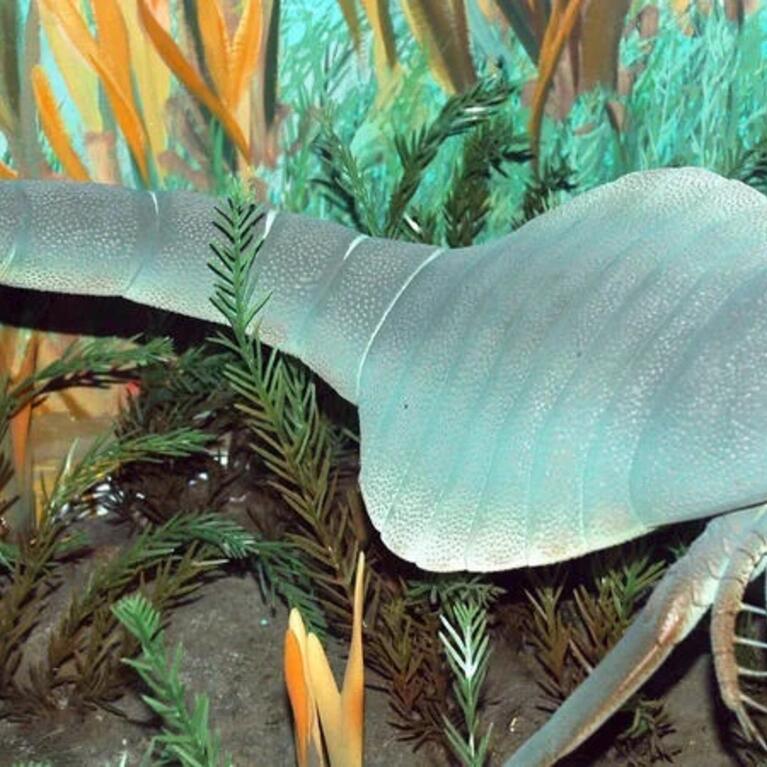
Tiniest Ever Ancient Seawater Pockets Revealed
Trapped for millennia, the tiniest liquid remnants of an ancient inland sea have now been revealed. The surprising discovery of seawater sealed in what is now North America for 390 million years opens up a new avenue for understanding how oceans change and adapt with changing climate. Read more.
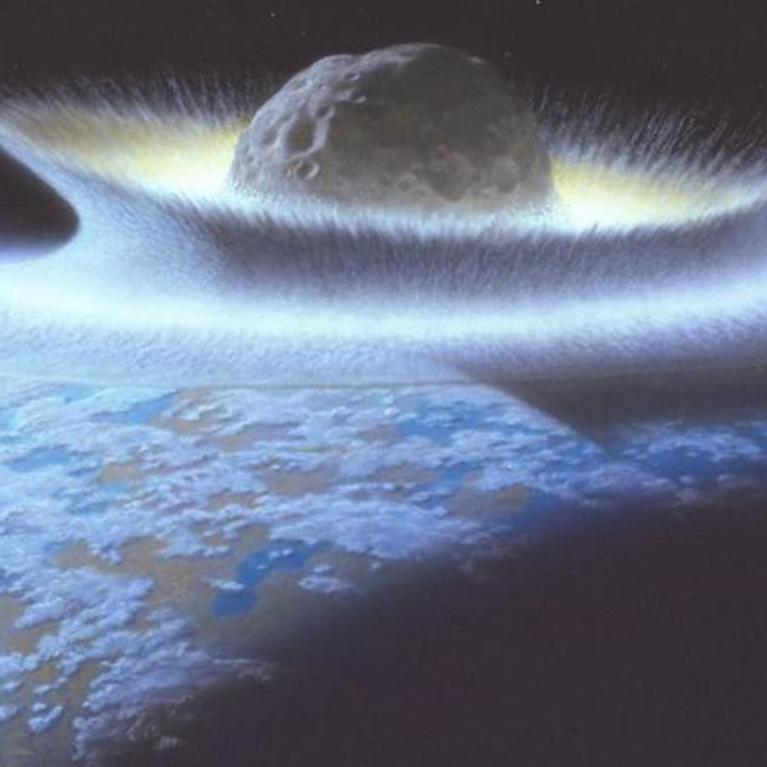
Extraterrestrial objects likely delayed complex life on Earth
"Bombardment of Earth’s surface by asteroids six or more miles long likely delayed the accumulation of oxygen in Earth’s atmosphere."
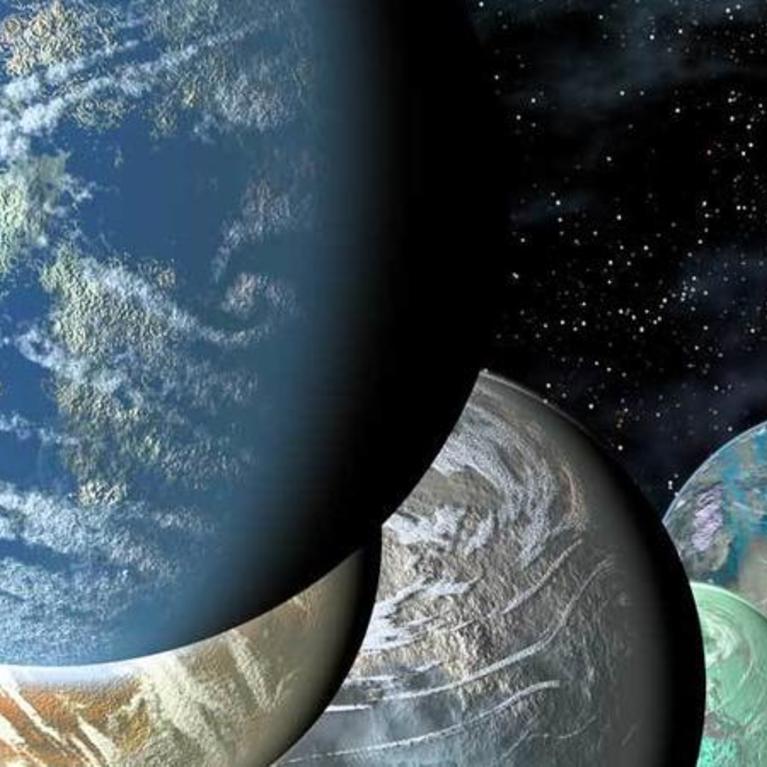
Using Earth’s history to inform the search for life on exoplanets
"UC Riverside is leading one of the NASA Astrobiology Program’s eight new research teams tackling questions about the evolution and origins of life on Earth and the possibility of life beyond our solar system. The teams comprise the inaugural class of NASA’s Interdisciplinary Consortia for Astrobiology Research program. The UCR-led team is motivated by the...
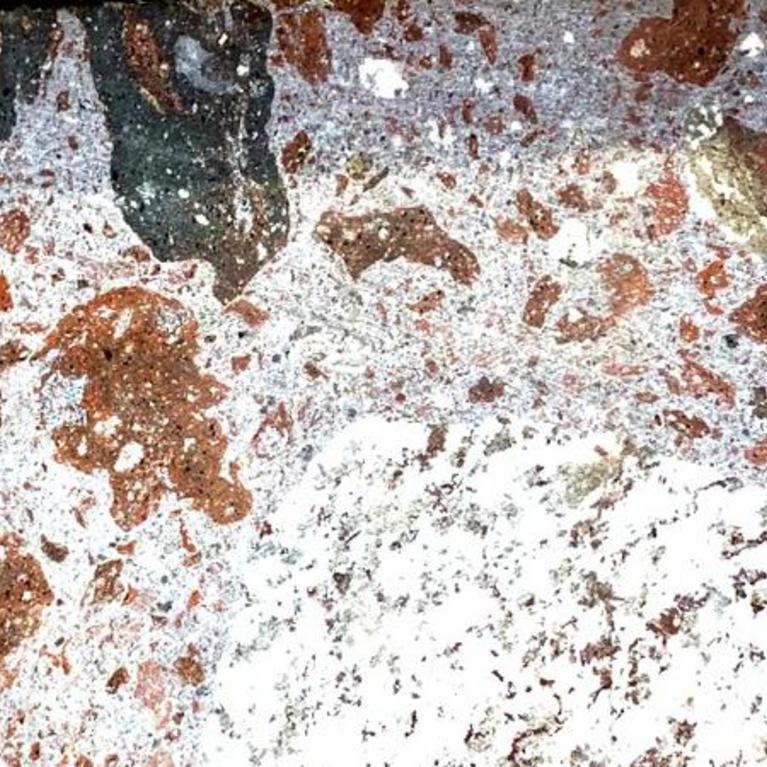
Ancient meteorite site on Earth could reveal new clues about Mars’ past
Scientists have devised new analytical tools to break down the enigmatic history of Mars’ atmosphere — and whether life was once possible there. A paper detailing the work was published today in the journal Science Advances. It could help astrobiologists understand the alkalinity, pH and nitrogen content of ancient waters on Mars, and by extension...
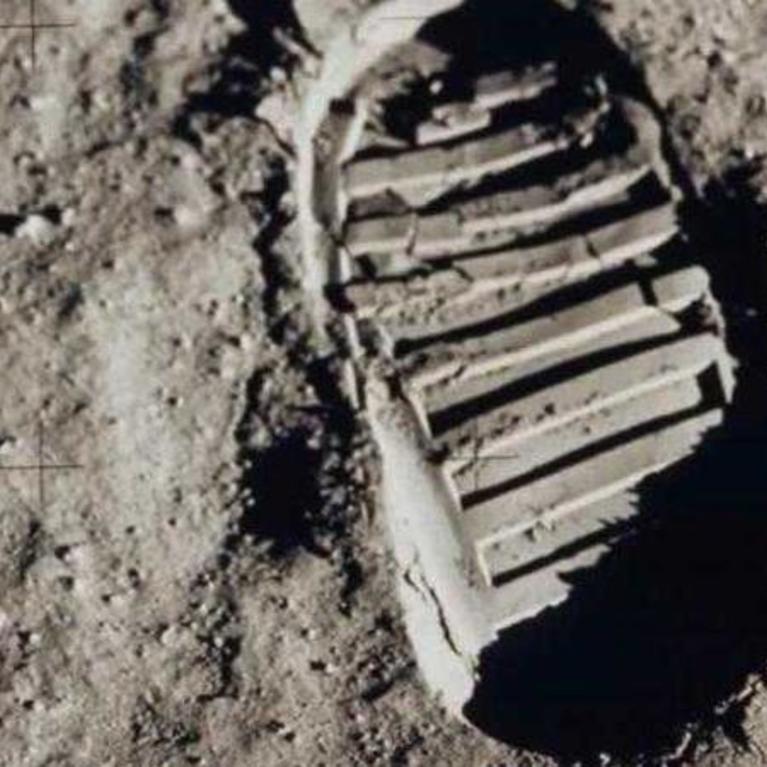
Campus to celebrate 50th anniversary of historic Moon landing
This year marks the 50th anniversary of the historic Apollo 11 Moon mission. To celebrate, the University of California, Riverside, is hosting a free public event on Thursday, July 11, from 6:30-9:30 p.m. Attendees will have an opportunity to learn more about the Apollo 11 legacy, as well as current missions to our solar-system’s planets...
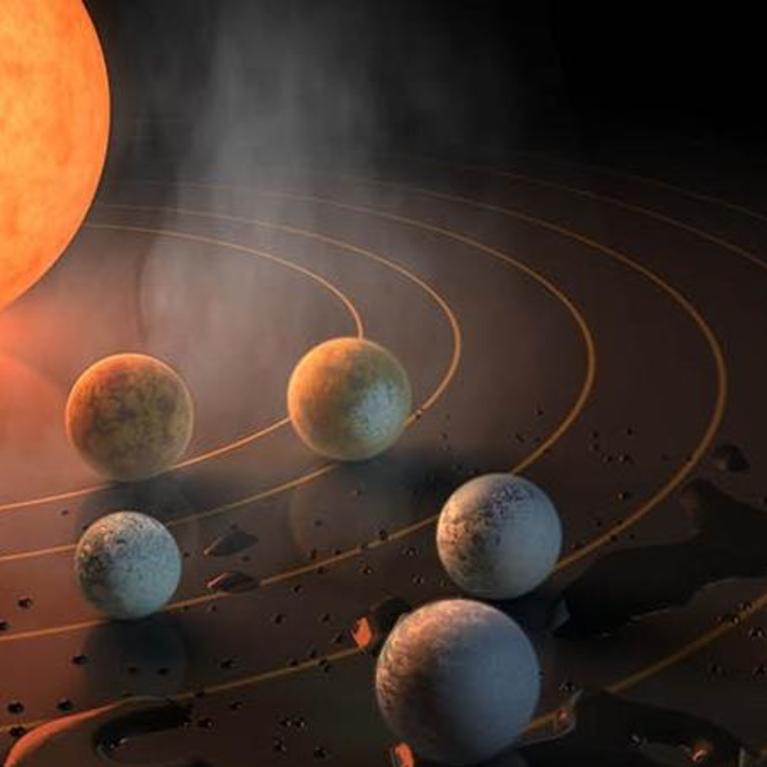
New study dramatically narrows the search for advanced life in the universe
"RVERSIDE, CA – Scientists may need to rethink their estimates for how many planets outside our solar system could host a rich diversity of life. In a new study, a UC Riverside–led team discovered that a buildup of toxic gases in the atmospheres of most planets makes them unfit for complex life as we know...
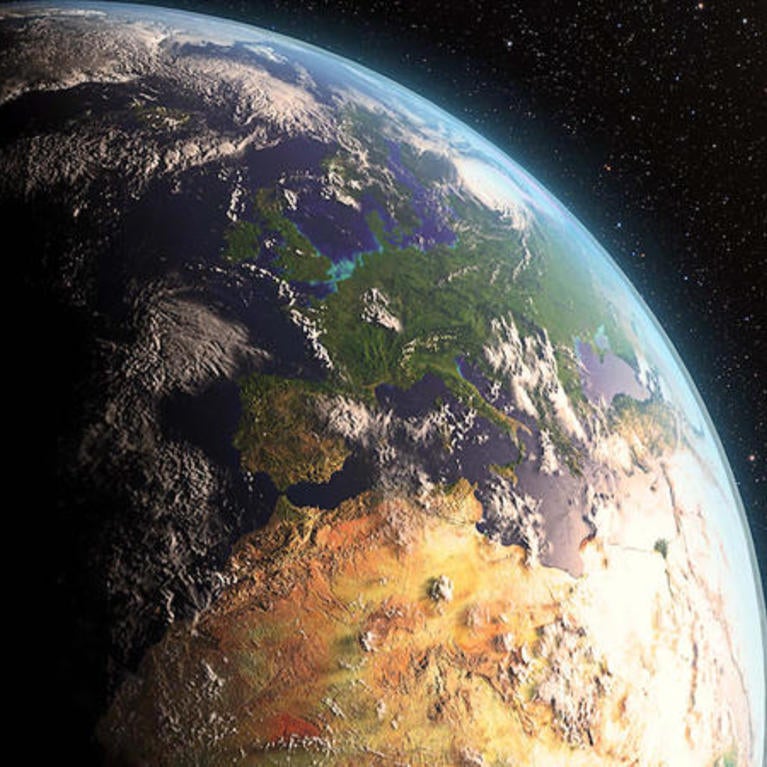
New NASA research consortium to tackle life's origins
Did life on Earth originate in Darwin's warm little pond, on a sunbaked shore, or where hot waters vent into the deep ocean? And could a similar emergence have played out on other bodies in our solar system or planets far beyond? These questions lie at the center of research in NASA's new Prebiotic Chemistry...
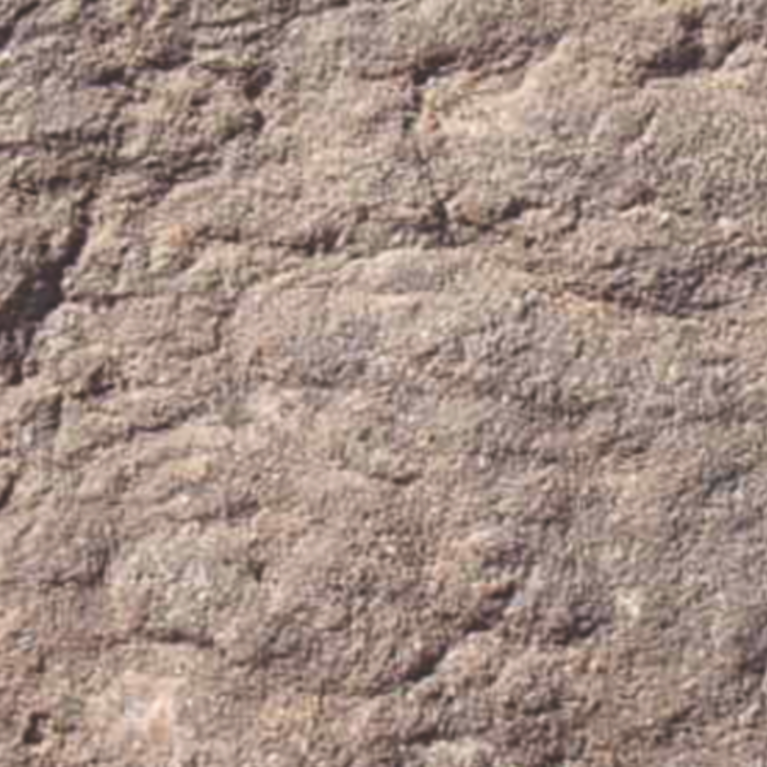
Special journal issue looks for new clues about old life
"Hundreds of millions of years before there was a chicken or an egg to debate, the first complex animals were evolving in parallel with Earth’s rising oxygen levels. But what came first — animals or oxygen? That question is the central theme of a special issue of Emerging Topics in Life Sciences published Sept. 28...
Let us help you with your search